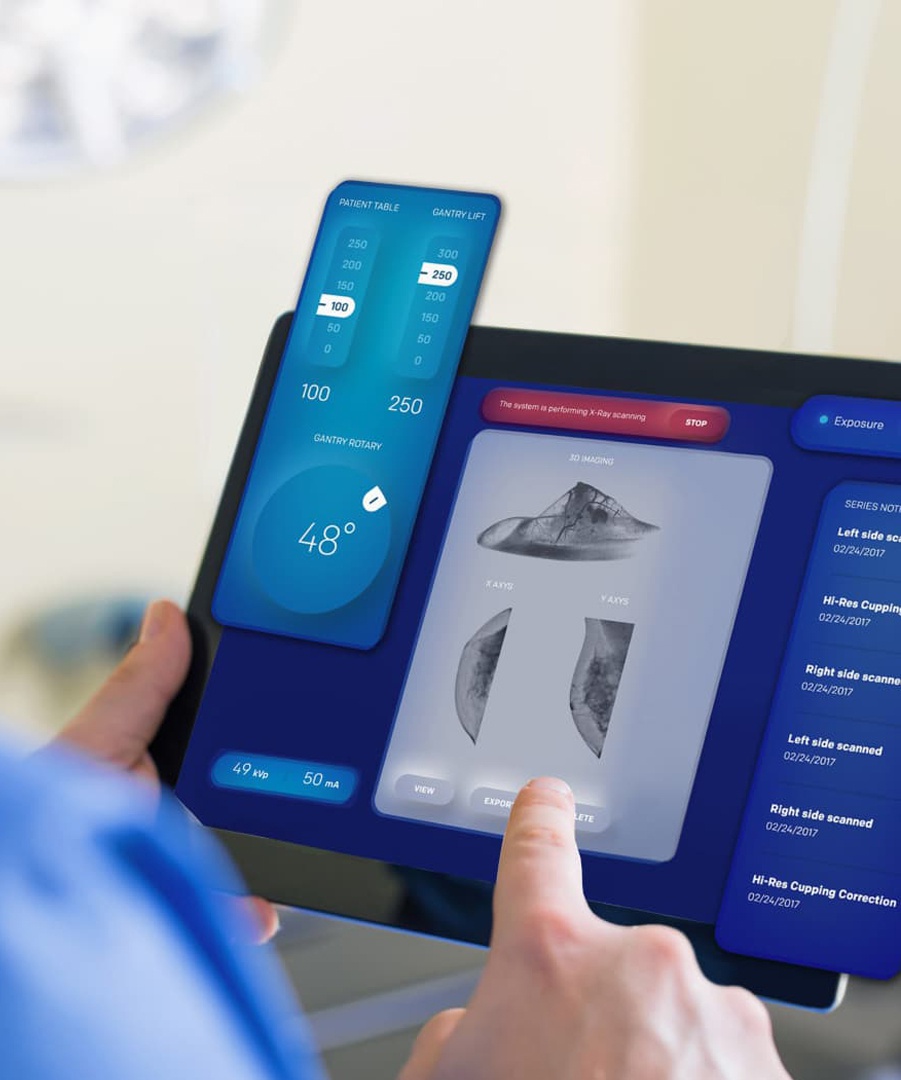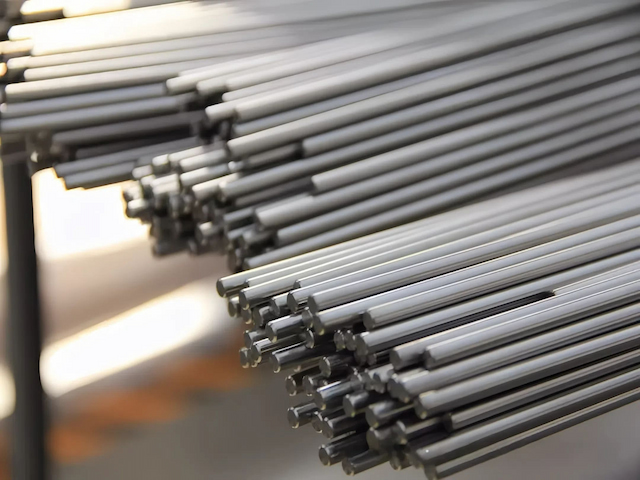May 04, 2025
With the ongoing development of titanium alloys, the expansion of product varieties, and cost reductions, the use of titanium in civilian industries has grown exponentially. The China Food and Drug Administration (CFDA) classifies medical devices into three categories based on safety levels, with titanium and titanium alloy implants falling under Class III medical devices—classified as high-value consumables. Key sub-sectors with market shares exceeding 5% include in vitro diagnostics, cardiology, imaging diagnostics, orthopedics, ophthalmology, and plastic surgery, with in vitro diagnostics, orthopedics, and cardiac interventions being the fastest-growing segments.
Common Titanium Alloy Products in Surgical Implants and Orthopedic Devices
Product Type
Typical Product
Bone & Joint Replacements
Artificial femoral heads, hip joints, knee joints, ankle joints, shoulder joints
Dental Implants
Dental fixtures, dentures, denture bases, and frameworks
Cardiovascular Implants
Vascular stents, heart valves, pacemakers
Cranial Repair Implants
2D/3D mesh plates, bone screws, bone plates
Bone Fixation Implants
Fixation screws, bone plates, intervertebral fusion cages, intramedullary nails
Spinal Implants
Spinal fixation systems, thoracolumbar fixation systems
01 Advantages of Medical Titanium Alloys
· Biocompatibility: Minimal biological reaction with human tissue, non-toxic, and non-magnetic, making it safe for implantation.
· Mechanical Properties: High strength and low elastic modulus, closely matching natural bone to reduce stress shielding and promote bone healing.
· Corrosion Resistance: Bio-inert material that resists degradation in physiological environments, ensuring long-term stability.
· Non-Magnetic: Unaffected by electromagnetic fields or thunderstorms, enhancing patient safety.
· Lightweight: Titanium alloys are 43% lighter than stainless steel, reducing the burden on patients.
02 Types of Biomedical Titanium Alloys
The evolution of biomedical titanium alloys has progressed through three key phases:
· Pure Titanium & Ti-6Al-4V (1950s): Early applications included bone plates, screws, and hip joints. Ti-6Al-4V became widely used in surgical repairs.
· Ti-6Al-7Nb (1980s): Replaced vanadium (V) due to toxicity concerns. Swiss company Mathys adopted it for intramedullary nails and hollow screws for femoral neck fractures.
· Porous Ni-Ti (PNT) & Beta Titanium Alloys:
o ACTIPORE™ (Canada’s BIORTHEX): Porous Ni-Ti fusion cages for spinal injuries.
o Ti-13Nb-13Zr: Improved biocompatibility and lower elastic modulus, expanding applications in orthopedics, dentistry, and vascular interventions.
The orthopedic medical device sector accounts for 9% of the global medical device market and continues to grow rapidly.
03 Orthopedic Applications
The orthopedic market is segmented into trauma (34%), joints (28%), spine (20%), and others (18%).
Joint Replacements
· Hip and knee replacements dominate (>95% of the global joint market), with 1 million patients annually undergoing these procedures.
· Titanium knee plates are lighter and more corrosion-resistant than stainless steel, driving the shift toward titanium prosthetics.
Spinal Implants
· Interbody fusion cages (50% of the spinal implant market) are crucial for disc replacement.
· Titanium "artificial bones" integrate with natural tissue—bone regrows into porous titanium, and muscles adhere to the implant, providing structural support.
Innovative Fixation Devices
· Titanium patella claws are shape-memory implants: chilled for shaping, they tighten upon warming to secure fractured kneecaps.
04 Dental Applications
Titanium revolutionized dental implants due to its bone compatibility, strength, and lightweight comfort.
In dentistry, pure titanium was originally used but couldn't meet precision grinding needs. The industry then shifted to Ti-6Al-7Nb alloy, now ASTM-certified. Today, titanium alloys make nearly all dental prosthesis metal parts - from crowns and bridges to clasps and implant posts. They're now the standard for critical components like dental implants and porcelain denture bases.
Common Titanium Dental Products
Alloy Type
Product Form
Applications
Pure Titanium
Castings
Dental crowns, bridges, inlays, dentures, denture bases, artificial tooth roots, implant inserts
Pure Titanium
Cold-pressed parts
Denture bases
Pure Titanium
Powder metallurgy parts
Artificial tooth roots, implant inserts
Pure Titanium
Special-shaped parts
Surgical instruments
Ti-6Al-4V
Castings
Dentures, denture bases, artificial tooth roots, implant inserts
Ti-6Al-4V
Superplastic-formed parts
Dentures, denture bases
Ti-6Al-4V
Powder metallurgy parts
Artificial tooth roots, implant inserts
Ti-Ni Alloy
Wires
Orthodontic archwires
Ti-29Nb-13Ta-4.6Zr
Castings
Dentures, denture bases
05 Cardiovascular, Surgical Tools & Pharmaceutical Uses
Cardiovascular Implants
· Heart valves, stents, and pacemakers rely on titanium’s durability.
o China’s demand: 250K valve replacements/year (only 25K performed); pacemakers (40K needed, 2K supplied domestically).
o Coronary stents have a 50% domestic production rate.
Surgical Instruments
· Non-magnetic, corrosion-resistant tools: Scalpels, forceps, bone drills, and suture needles.
· Specialized devices: ECG electrodes, oxygen filters, and ultrasonic probes.
Pharmaceutical Equipment
· Titanium reactors, evaporators, and piping resist acids (e.g., HCl, H₂SO₄), preventing iron contamination in drug production (e.g., penicillin, chloramphenicol).
Conclusion
Titanium alloys are transforming modern medicine—enhancing implant longevity, surgical precision, and patient outcomes across orthopedics, dentistry, and cardiovascular care. With ongoing advancements, titanium’s role in healthcare is set to expand further.
Read More


